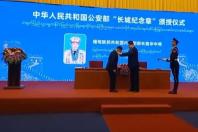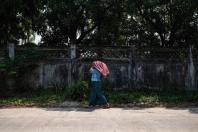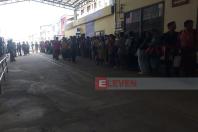Protesters rebuffed Hong Kong Chief Executive Carrie Lam's offer to start a dialogue as a "trap" yesterday, eclipsing hopes that a return to peaceful protests at the weekend might prove a turning point for the territory after weeks of unrest.
Mrs Lam, who spoke to reporters before the weekly Executive Council meeting yesterday, proposed a "platform for dialogue with people from all walks of life" in a move seen as a bid to capitalise on the calm to heal the huge rift between the protesters and her government.
But she stopped short of agreeing to protesters' demands for an independent inquiry into police conduct. Instead, she offered to have overseas experts roped into a fact-finding study conducted by the Independent Police Complaints Council (IPCC).
"One is an important fact-finding study in addition to a very robust system to investigate and look at the complaints against police over this prolonged period of confrontation and violence. The other, a more rare arrangement, is for the IPCC, which is statutory and independent, to create a fact-finding study into the causes and the facts of these incidents," said the leader.
She noted that the study would provide her government with recommendations on how to move forward and also to avoid a repeat of current tensions. The IPCC, a civilian body, can make recommendations to the government but cannot directly investigate complaints or summon witnesses.
Mrs Lam's offer was instantly rejected by protesters.
Mr Wong Yik-mo, vice-convener for the Civil Human Rights Front - the group behind the biggest marches that have taken place over the past three months - dismissed Mrs Lam's promised platform for dialogue as a waste of time and money.
"She is fully aware that there is no leader… this is a leaderless movement, so why does she still suggest such a platform?" he asked. "She is so obsessed with her old tricks. We see this platform as a trap because Carrie Lam has a very bad track record. She has made numerous promises and she has never fulfilled any of them."
Similarly, Ms Yukko Chan, 31, who participated in previous rallies, said the locals have completely lost trust in the government and the IPCC, which have not given satisfactory responses. She added: "They actually never directly addressed our five demands and, in the past two months, we have witnessed how the police can be linked to triads, how signs of underlying corrupt practices have started to be exposed, so they now have to face more issues and address them."
People rallying in front of the White House in Washington on Sunday to show solidarity with protesters in Hong Kong. Twitter said on Monday that it has suspended more than 200,000 accounts that it believes were part of a Chinese government influence.
Among the five demands of the protesters are the full withdrawal of the Bill and an independent probe into alleged police brutality.
Assistant Professor Samson Yuen of Lingnan University in Hong Kong pointed out that while Mrs Lam "has obviously softened her tone", he thinks "we should wait and see if real concessions will be given".
He noted that the overseas experts may help boost the IPCC's impartiality, but there is a dire need for "not just an investigation, but the determination to implement deep reforms".
Given that the IPCC's powers are limited, the overseas experts may not be able to go deep into the fact-finding, said Prof Yuen. "I would imagine it will be super difficult for the IPCC to inquire how the Yuen Long incident happened, apart from what we already knew."
The attempt at a peace offering from Mrs Lam came on a day when Beijing's attempts to influence public opinion is coming under scrutiny.
On Monday, Twitter and Facebook said it had removed accounts linked to the Chinese government that were part of a coordinated effort against protesters.
Twitter, in a separate statement, also said that it would stop accepting advertisements from state-controlled media entities.
Further protests have been planned, including today's sit-in to mark the one-month anniversary of the July 21 Yuen Long attacks, and planned marches in Kwun Tong on Saturday and Kwai Fong on Sunday.
Tensions peaked in June over a now-suspended Bill that would allow criminal suspects in the former British colony to be extradited to mainland China.
What started out as anti-extradition Bill protests have morphed into calls for greater democracy. Some fear that the autonomy and freedoms guaranteed under the "one country, two systems" principle after the handover in 1997 have been eroded as Beijing moves to integrate the city with the mainland.

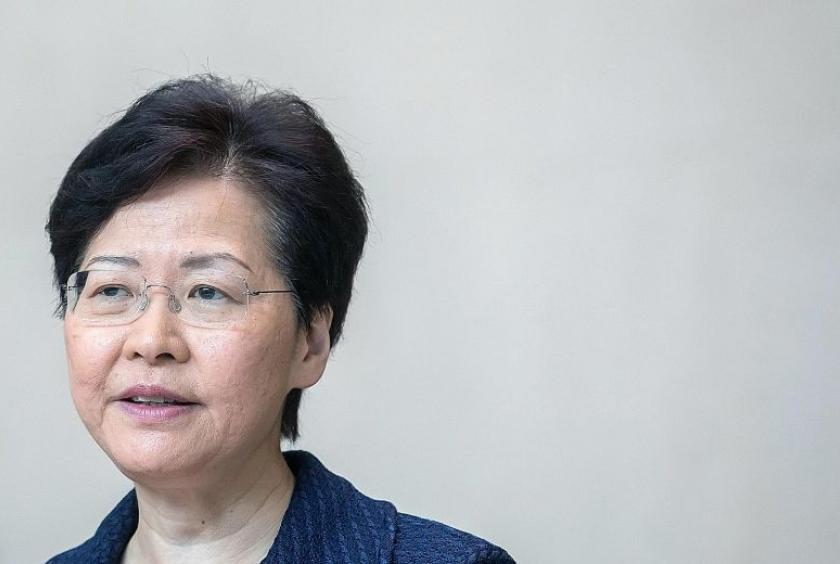
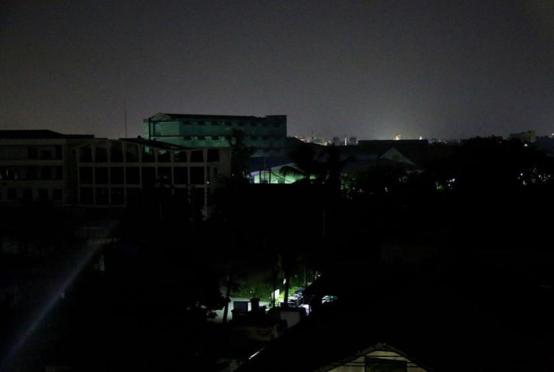
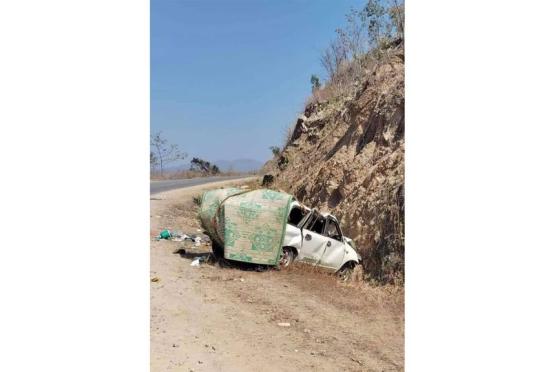
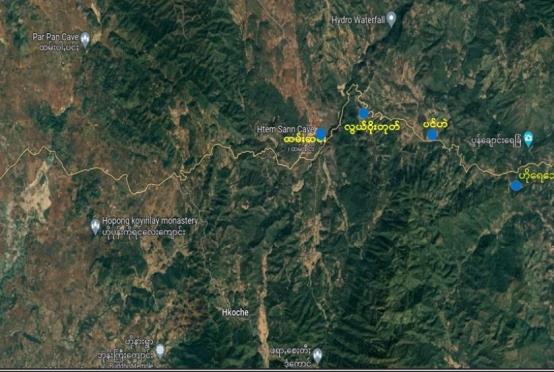
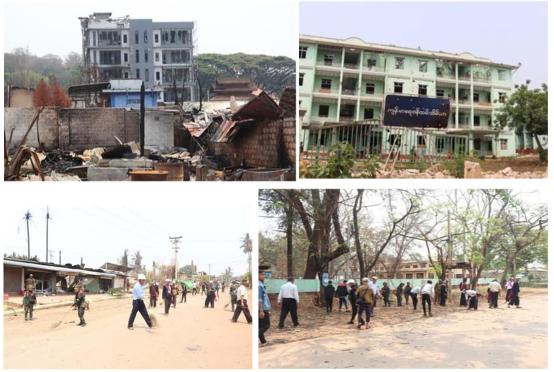

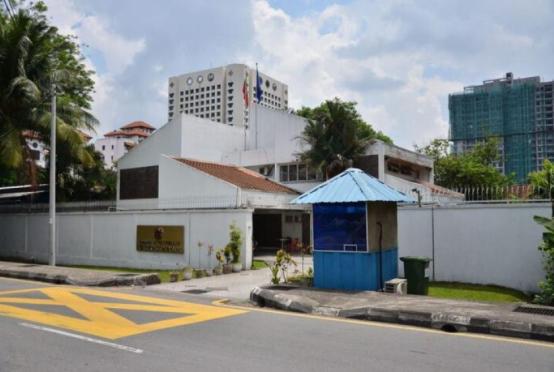

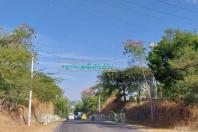


![[Photo credit: Shwe Yoathlwar charity group]](https://elevenmyanmar.com/sites/news-eleven.com/files/styles/most_read_img/public/news-images/plaza.jpg?itok=v6Gn0YGX)
